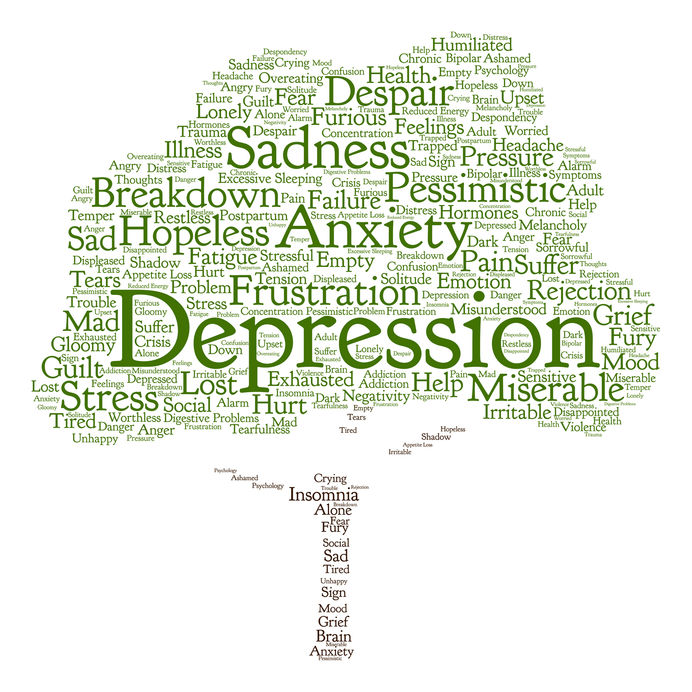Forgiveness
May 30, 2015Emotional Maturity
June 12, 2015One of the most important lessons people must learn in order to be competent adults is to identify and manage their emotions. The first step is to figure out what you’re feeling. There are four main emotions: anxiety, sadness, anger and happiness.
Anxiety: a feeling of mingled dread and apprehension about the future without specific cause for the fear
Sadness: affected with or expressive of grief or unhappiness
Anger: a strong feeling of displeasure and belligerence aroused by a wrong; wrath; ire
Happiness: a state of well-being and contentment; joy; a pleasurable or satisfying experience
Being able to define your emotion allows you to feel more connected with self and provides the opportunity to manage the emotion effectively. So how is that accomplished?
Dr. Darlene Mininni believes it is important to identify the message of your emotion. To do so, she suggests you ask yourself these questions:
- Anxiety: What am I afraid of?
- Sadness: What have I lost?
- Anger: How have I or my values been attacked?
- Happiness: What have I gained?
When one is able to identify both the emotion along with the message then you are ready to take action. Begin to consider what options are available to you to get to a solution or resolution of the emotion. Examples of options to help resolve an issue include, but is not limited to: taking a walk; calling a friend; reading a book; applying for a job or walking the dog. There is no one way to cope and a strategy that works for one person may not work for another. Each person must come up with their own toolkit for dealing with emotions in their lives.
Ultimately emotions are healthy, provide us information and move us forward in our lives in healthy ways. Emotions help us grow.
“I don’t want to be at the mercy of my emotions. I want to use them, to enjoy them, and to dominate them.” ― Oscar Wilde

